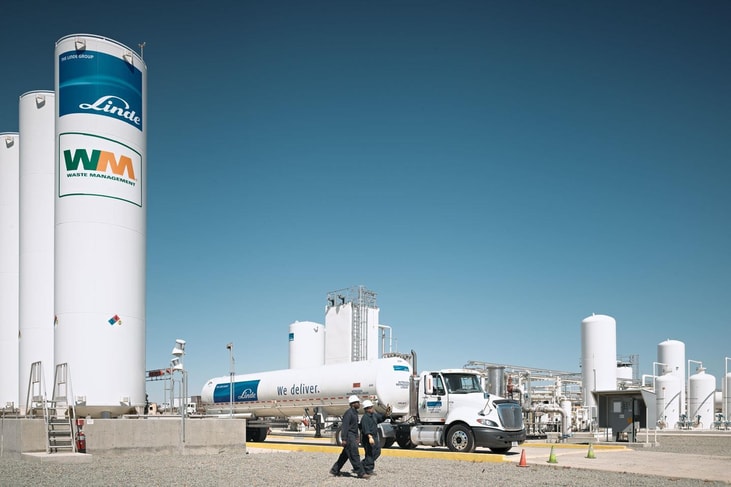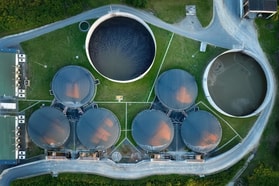Waste not, want not – Turning trash into an eco-friendly fuel resource
Alternative fuels, non-conventional fuels, advanced fuels and biofuels all refer to materials or substances that can be used as an energy source, but are not oil, gas, or coal.
Made and derived from decomposed plants and animals, fossil fuels are technically biofuels but have been scratched from the contemporary list of environmentally-friendly bioenergy options as, with combustion, they release problematic emissions into the atmosphere. What scientists are chasing today are fuels that release fewer emissions – from cradle to grave – but deliver energy at rates comparable to our traditional fossil fuel sources.
There are many ways of creating alternative fuels, but making them cost competitive with our fossil fuel favorites is the challenge. In the transportation sector alone, there are more than more than a dozen alternative fuels in production or under development for use in advanced technology vehicles, according to the US Department of Energy (DOE). These include biodiesel, propane, electricity, hydrogen, methanol, ethanol, and other alcohols and their blends with gasoline, coal-derived fuels, and fuels derived from biological materials.
... to continue reading you must be subscribed























